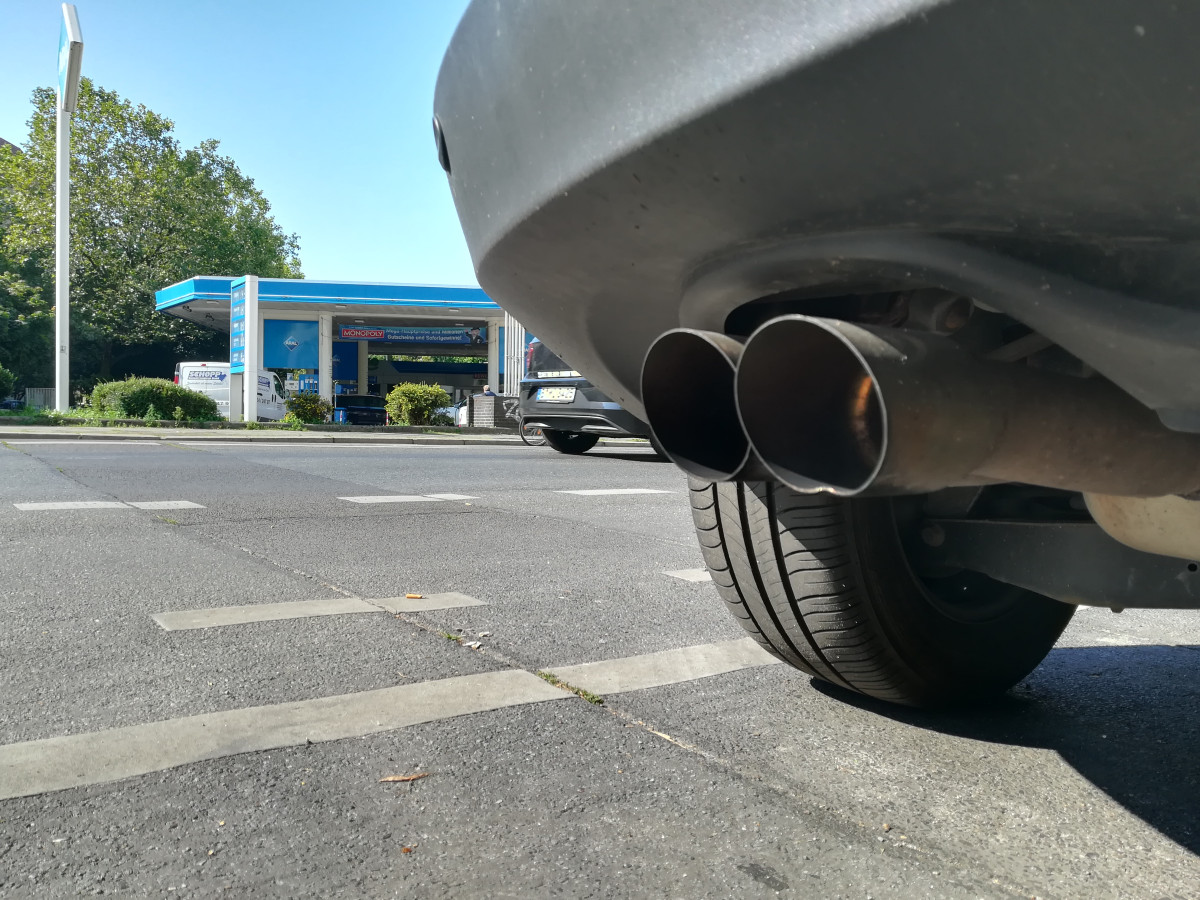Merz vows to “do everything” to weaken EU’s 2035 combustion car phaseout
German chancellor Friedrich Merz has promised to overturn the EU’s 2035 end date for the sale of new cars with a combustion engine. “There must be no abrupt change in 2035,” Merz said following a high-profile auto summit with industry leaders, unions and regional officials on the sector’s mounting challenges. He added he “will do everything in my power to ensure that this is the case.”
Germany’s car industry, one of the country’s largest industrial sectors, is struggling with low sales, increasing Chinese competition, US tariffs, and the transition to electric vehicles. Several suppliers have recently announced plans to cut thousands of jobs in response to the sector's challenges.
Merz has repeatedly said that he is in favour of scrapping the ban, but his comments following the car summit are the most strongly worded yet. “In plain language, this means that I would like to encourage the automotive industry and suppliers in Germany to continue researching and developing all conceivable drive technologies and to ensure that we achieve climate neutrality together in a variety of ways,” Merz said at a press conference.
Germany’s most important car industry association VDA has called for a reversal of the EU ban since June.
The EU agreed on the target of registering no new combustion-engine cars from 2035 to reduce emissions in the transport sector. The ban was backed by all member states in 2023.
Finance minister signals coalition agreement
Merz’s coalition government has not yet agreed on a common position, with Social Democrat (SPD) environment minister Carsten Schneider refusing to back a reversal of the ban. However, SPD finance minister Lars Klingbeil signalled his party would agree to weakening the EU combustion engine phaseout by allowing exceptions.
“We need more flexibility, we need pragmatism,” Klingbeil said. “The question of plug-in hybrids, the question of range extenders and the question of admixtures [of synthetic fuels] as a sign of technological options and flexibility […] are a path we consider absolutely viable, and one that would and should lead us to change Germany's position.”
Klingbeil said not a single car-summit participant had questioned the path towards electric mobility or climate targets. “We are pursuing this path very consistently, but we do not want to bang our heads against a brick wall. That is why we now want to, must and should come to a decision quickly within the government.”
Shortly before the summit, Klingbeil announced that the government would provide three billion euros from the country's climate and transformation fund, in addition to money from the EU's Social Climate Fund, to support low and medium-income households as they switch to climate-friendly cars, but details remained unclear. Environment minister Schneider said the programme would be an incentive for carmakers to bring small and affordable electric cars to the market.
No orientation without a compass?
Greenpeace criticised Merz’s call for continued research across all drive technologies. “Without a compass, no one can find their destination,” the environmental NGO said. “Instead of providing the necessary clarity, the Chancellor is creating more uncertainty and threatening to further delay the switch to climate-friendly electric cars.”
Greenpeace said car companies can only continue to catch up in the race for climate-friendly future markets with a clear roadmap for the transition to electric cars. The organisation called on European Commission president Ursula von der Leyen to reject Merz’s proposal.
The head of the Green Party’s parliamentary group, Katharina Dröge, said that questioning the phase-out would create new uncertainty among customers, investors and employees. “Attempts to artificially keep old technologies alive are coming at the expense of innovation, competitiveness and a sustainable German automotive industry. This will jeopardise jobs in Germany,” Dröge warned.
The CEO Alliance for Climate and Economy agreed that the debate about synthetic fuels and range extenders is unsettling car buyers and dampens enthusiasm for electric mobility.


